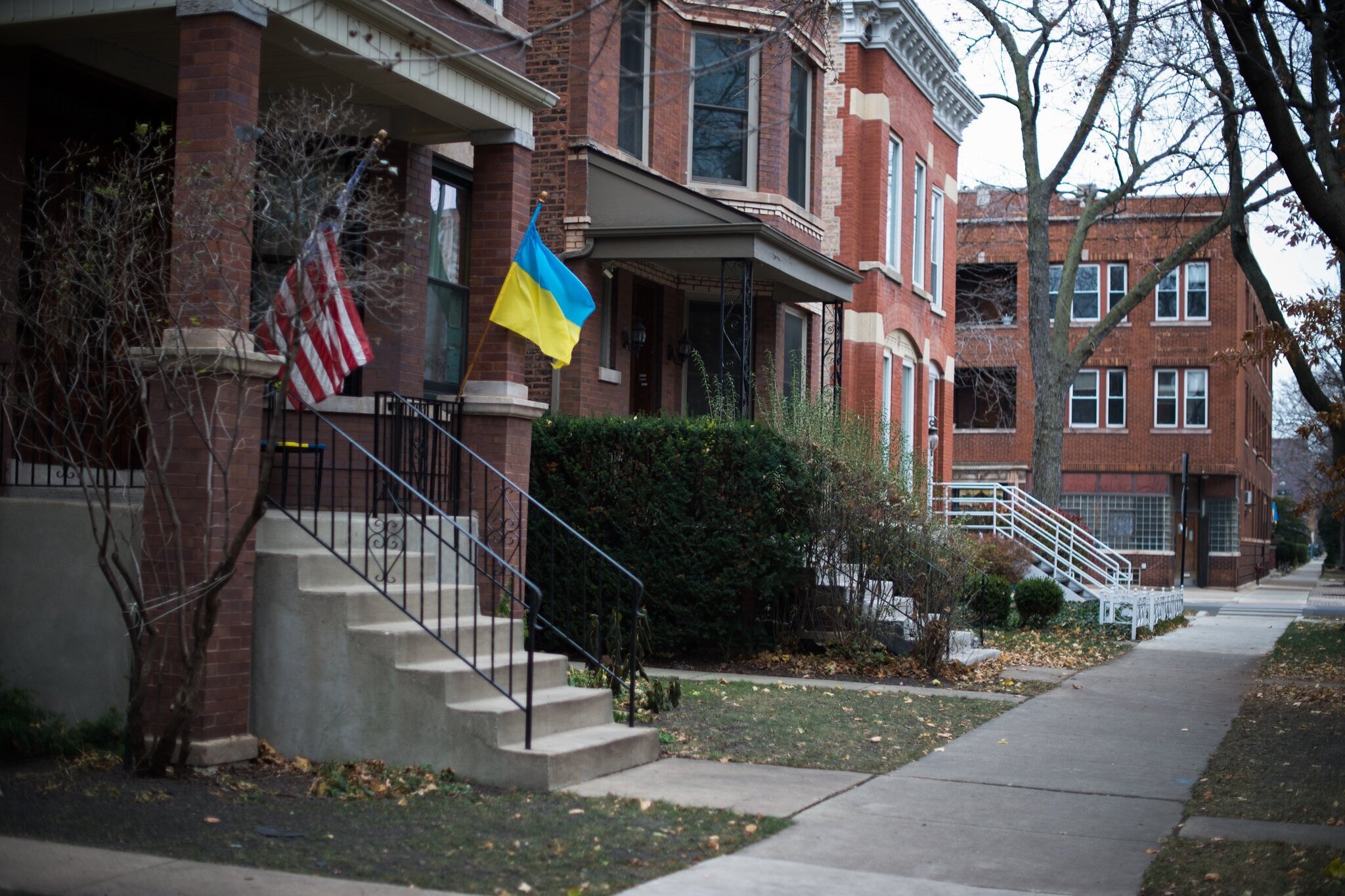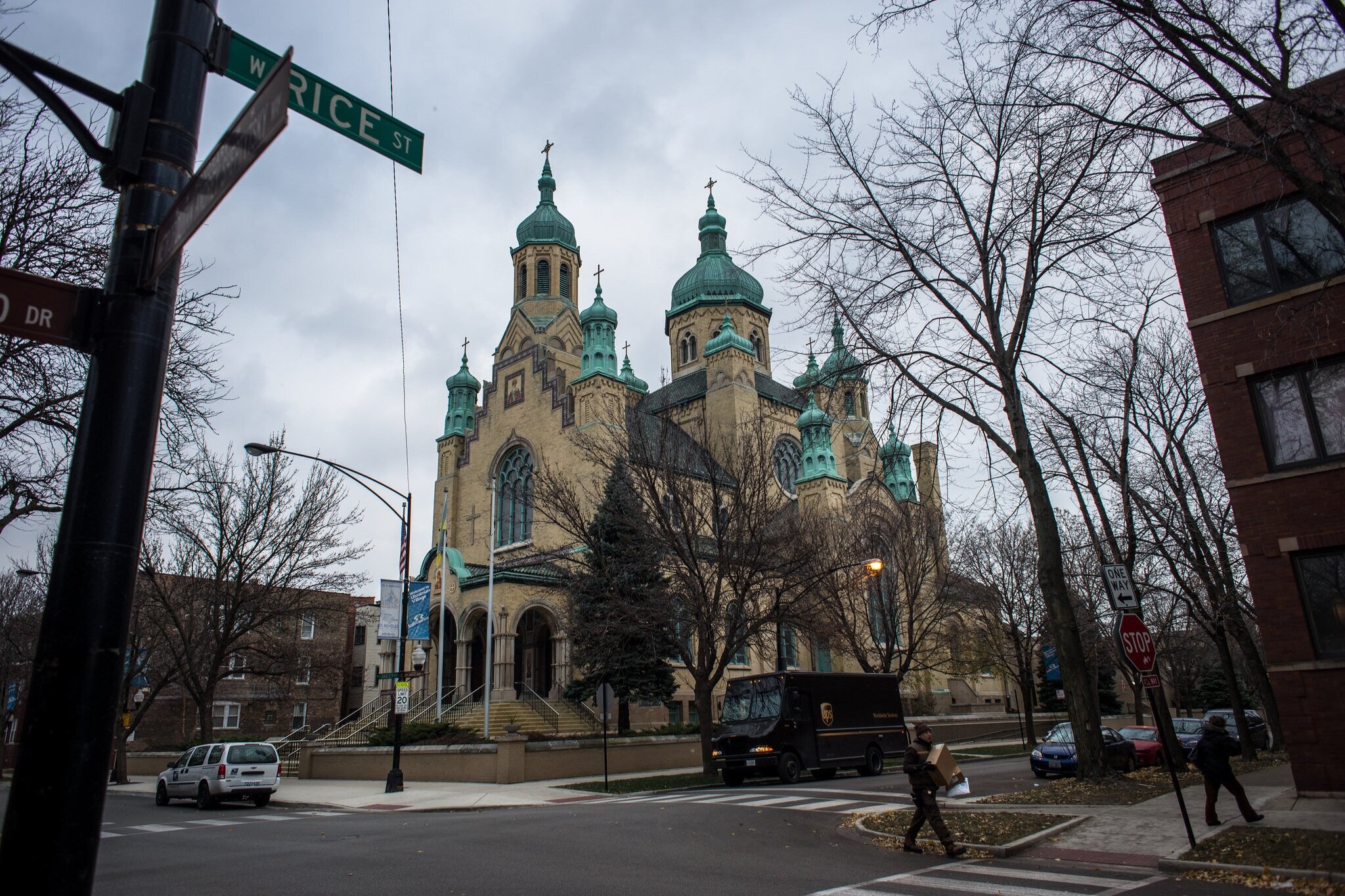What is a global citizen? How can you become one?
There is no one textbook definition for being a global citizen. And you won’t get a passport for declaring yourself one, either.
But because of its rather ambiguous nature, global citizenship can be widely applied and practiced by anyone. According to Michelle Banchelet, former Chilean president and current United Nations High Commissioner for Human Rights, “Global citizenship exists at various levels, in numerous contexts and at different times, with no single identifiable institutional framework.” Thus, being a global citizen can be described as an intention and mindset to understand the complexities of the world around you. It can be caring for the environment to mitigate your carbon footprint. It can be learning a new language to forge new friendships and traveling (even figuratively through books, TV, and film!). It can be supporting basic human rights principles and advocating for diversity of thought in schools and governments. “Think globally, act locally,” is a common phrase to characterize global citizenship. That is, your actions on a local level should be directed towards the betterment of the global community at large.
Sister cities: a pillar of global citizenship
A sister city is a “long-term partnership between two communities in two countries.” The concept was established by President Eisenhower after World War II as a way to promote citizen diplomacy. In order to establish a sister city, the highest elected or appointed official from each community must sign an agreement. This can be a mayor or governor. The two communities can be connected in a number of ways, such as through historical, linguistic, religious, and economic ties. If your city is interested in establishing a relationship with another city, you can visit this website. After filling out a form or emailing partnerships@sistercities.org, a representative of Sister Cities International can assist you and put you in touch with relevant members of your community. If you have a group of like-minded citizens in your city who are also interested in forming a sister city, that’s even better; there’s power in numbers!
Photo: Norman Gates Flickr
While the duties and responsibilities of sister cities vary, one key goal is the facilitation of cross-cultural exchange. For example, the city of Tempe, located in the Southern U.S. state of Arizona, has sister cities in 11 different countries, ranging from China and Ecuador to Sweden and North Macedonia. One important facet of Tempe Sister Cities is its Student Exchange Program for high school students, which allows students from each city to live in their partner’s country for several weeks. In addition, Tempe Sister Cities hosts fundraisers like Oktoberfest in the local community.



Photos: Samuel Auger, Alevtina Alekseeva Flickr
Given that America House is located in Kyiv, it would be remiss not to highlight Kyiv’s sister cities. One very strong partnership dating back to 1991 is between Kyiv and Chicago. Chicago boasts an active and proud Ukrainian community with restaurants, churches, and cultural centers, predominantly located in an area known as Ukrainian Village.
ABOUT THE AUTHOR
A Texas native, Bianca Navia is currently in her senior year at Arizona State University pursuing a dual major in Political Science and Global Studies. She is most passionate about international affairs, diplomacy, foreign languages, traveling, and teaching. A fun fact about her? She’s the oldest of four sisters in a big Cuban-Italian-American family!




